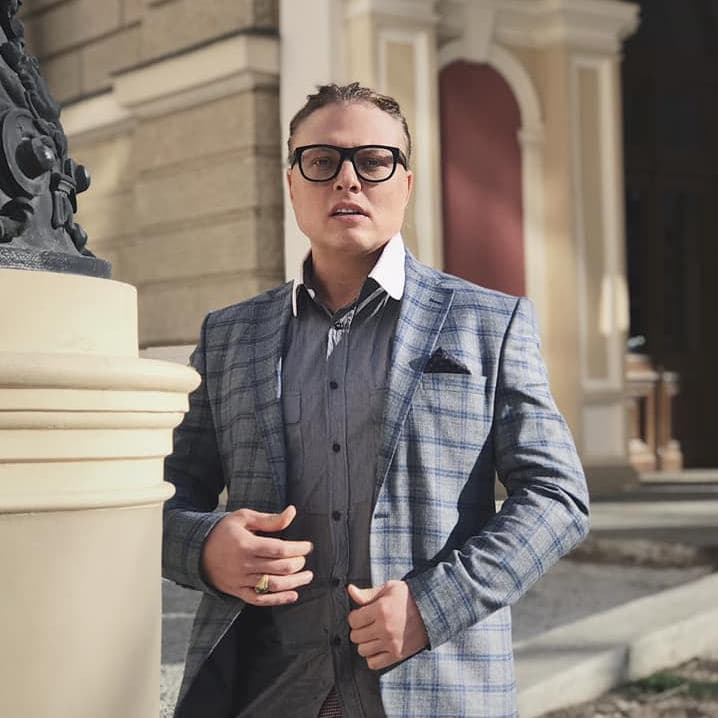Ukrainian director detained in Italy on Russian extradition request

Renowned Ukrainian theater director Eugene Lavrenchuk, 39, was detained in Italy on Dec. 17 based on a Russian extradition request.
According to Oleh Nikolenko, Ukraine's foreign ministry spokesperson, a court in Naples chose to keep Lavrenchuk behind bars amid the court's hearing of the extradition request. Lavrenchuk can spend up to 60 days in detention without being officially charged.
"On Dec. 31, a consul visited our citizen. The conditions of his detention are acceptable, he's in good health,” Nikolenko told Ukrainska Pravda news outlet on Jan. 3.
The news broke on Jan. 3, when Marianna Giudice-Paliy created a Facebook group named “Free Eugene Lavrenchuk” to draw media attention to the director's detention. Lavrenchuk’s mother, Irina Lavrenchuk, also shared a Facebook post confirming her son's detention.
Giudice-Paliy wrote that Russia had charged Lavrenchuk with financial crimes allegedly committed during his stay in Russia prior to the war.
In Russia, Lviv-born Lavrenchuk co-founded the “Polish Theater in Moscow,” but left the country after the start of Russia’s war against Ukraine in 2014.
After Russia, Lavrenchuk has been working in Ukraine, Israel and Poland. In 2018, Lavrenchuk was appointed chief director of the Odessa Opera and Ballet Theater.
According to Iryna Podolyak, former deputy minister of culture and information, Lavrenchuk was using Naples as a stopover and was detained before boarding a plane to his native Lviv.
In his last Facebook post on Feb. 15, Lavrenchuk shared a photograph of a plane ticket from Tel Aviv to Naples. He was working at the Jerusalem Lyric Opera Studio & Festival on Dec. 13.
Podolyak says Lavrenchuk’s relatives did not immediately share the information on his detention publicly as they were not sure if that would harm the situation or “intensify” Russia’s actions.
According to Giudice-Paliy, she received permission from Lavrenchuk's family to go public now because they "realize that the criminal case against him is fabricated, looks like political persecution, and now hope for media support to prevent his extradition."
In Ukraine, Lavrenchuk's case echoes that of Ukrainian soldier Vitaliy Markiv, who spent 40 months in an Italian prison on a false verdict.
Markiv was arrested in June 2017 on suspicion of killing Italian photojournalist Andrea Rocchelli and his Russian interpreter Andrey Mironov, who both died from mortar shelling during Russia’s offensive in the Donbas. After more than a year-long investigation, Markiv was found guilty of involvement in the murder and was sentenced to 24 years in prison.
Journalists, as well as an internal investigation conducted by Ukraine’s Ministry of Internal Affairs, repeatedly demonstrated that the accusations against the soldier were weak.
After years of fighting for Markiv's release, the Milan Court of Appeals overturned his conviction on Nov. 3 and he returned to Ukraine the next day.









